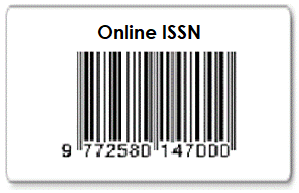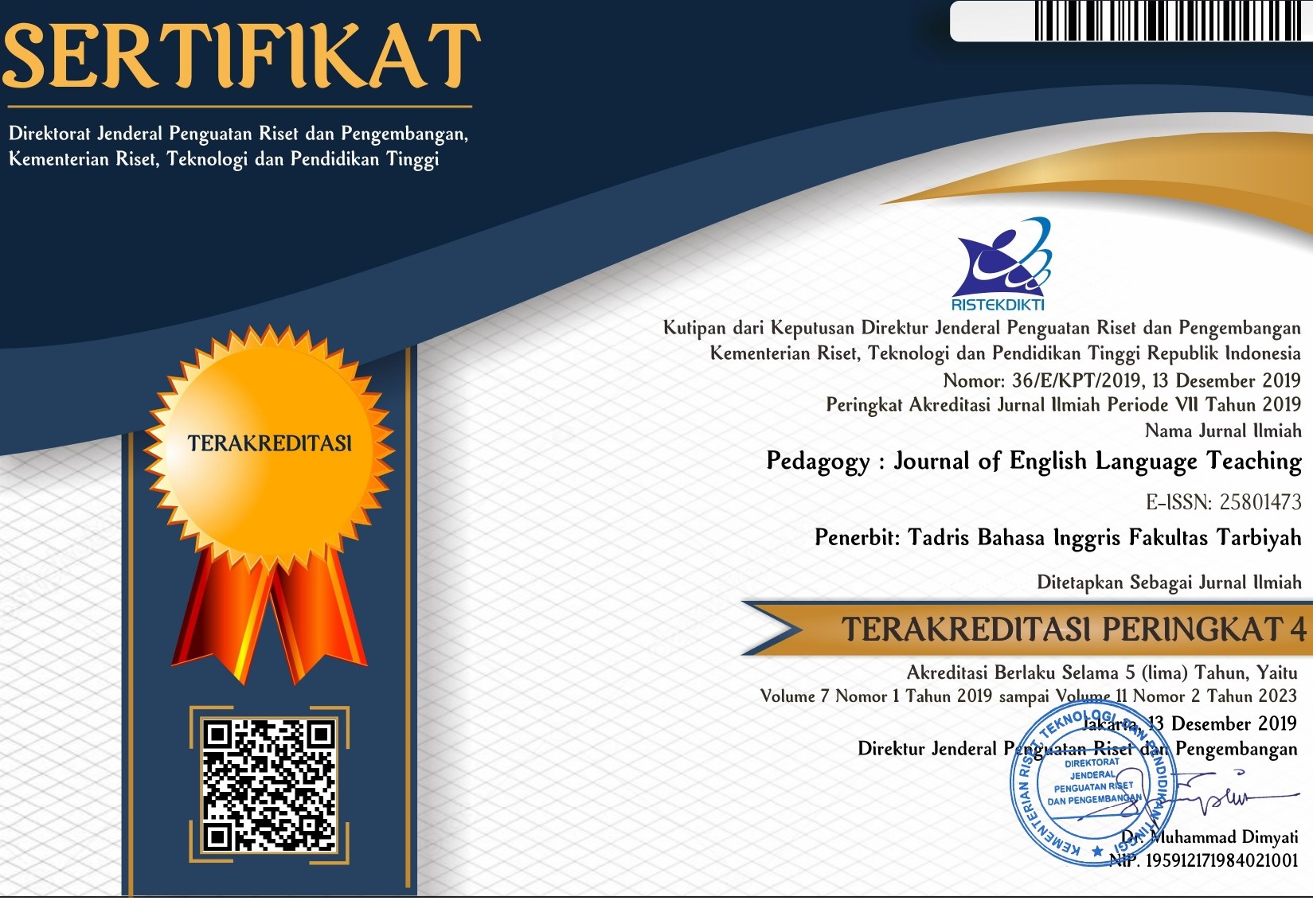A Grounded Theory of Indonesian English Teacher Educators’ Professional and Identity Development in a Blended Professional Development Community
DOI:
https://doi.org/10.32332/joelt.v11i2.8076Keywords:
professional development, identity development, grounded theory, blended learningAbstract
This study aims to explore engagement that shows evidence of the professional development of Indonesian English language teacher educators converging in a blended learning community pseudonymously called the PL community. Further, the study seeks to explore how professional identities, which are also part of the professional development of teachers and teacher educators, are negotiated and claimed. The data was collected through (1) participant observation (participation in Facebook discussions), (2) interviews, and (3) documents (e.g., Facebook interactions/dialogs, workshop materials, or published papers). Grounded theory was used to analyze the data and to theorize emerging themes. Here, three layers of coding (open, axial, and selective) were done. Data analysis suggests that, by actively interacting in the PL community, members experience professional development activities, particularly in teaching, research, and publication. How professional identities were negotiated and claimed was also discussed.
















